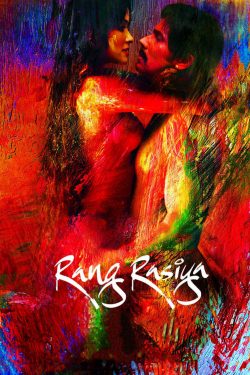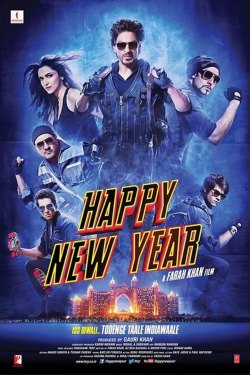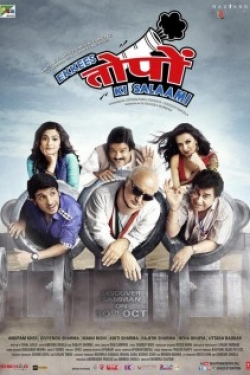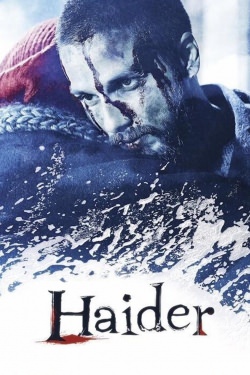Top Rated Films
Sanjukta Sharma's Film Reviews
-
Wells’ translation is not gratifying because he does not explore the elasticity and scope of cinema—telling much more than he shows. The film’s narrow intensity does not make it profound either.
-
Queen is an ebullient, enjoyable film, its feminist points squirelled into the film’s margins. It’s the breeziest film you can imagine about a person’s transformation in a short span, and Ranuat is winningly responsible for it.
-
Ultimately, however, Dallas Buyers Club rides on the McConaughey force. Who would have imagined that an actor best known shirtless, hewn in middle America, always the fetching, bedraggled son of the soil in romcoms, would immerse in a character that demands so much to execute yet have no gratifyingly happy climax?
-
Imtiaz Ali’s Highway is about escape. It is a dreamlike film, complete with achingly beautiful Himalayan landscapes and vast, unpopulated, dusty expanses. At the centre is a pair of utterly unlikely soulmates—a spunky, rosy-cheeked girl of wealth from South Delhi and her captor, a Haryanvi rogue extortionist.
-
As cinema, it falls short of greatness because of Jonze’s strange ambiguity about his protagonist’s world; the verbose writing ultimately does not say or show anything substantial about the future Jonze projects.
-
The bitter author, portrayed as a lonely spinster who hides deep insecurities from childhood, reduces the life of P.L. Travers to a stereotype that the climax can liberate with happy tears. It’s highly unlikely that the movie would have been a catharsis for the author in 1964, when the film came out and became a global sensation. Barring a few scenes, Saving Mr Banks is dull. What else would a glorified corporate film be?
-
Director Vinil Mathew’s debut feature film, Hasee Toh Phasee, is a smart and winning feint of that formula. It is an extremely likable balance between light and shade, the sadness in his beautiful lead woman sitting happily alongside her smiles. The sugar is pleasingly granular.
-
12 Years a Slave is a nightmare, and McQueen intends it to be so. Racism has never before appeared so intimately terrifying on screen. It is a modern classic.
-
It has the conceit of a gangster film—an aggression that’s thrown outward, one-liners and dialogue-heavy scenes, and plenty of slow motion shots. But it is essentially an intimate story about lost love and identity, and that’s what you remember it for. Without actually showing the dejection of 1970s’ New York, Russell tells us all about it—through his characters, and with hilarity and mock seriousness.
-
…a cinematic feast—its release is a great start to the year in Indian independent film-making.

























